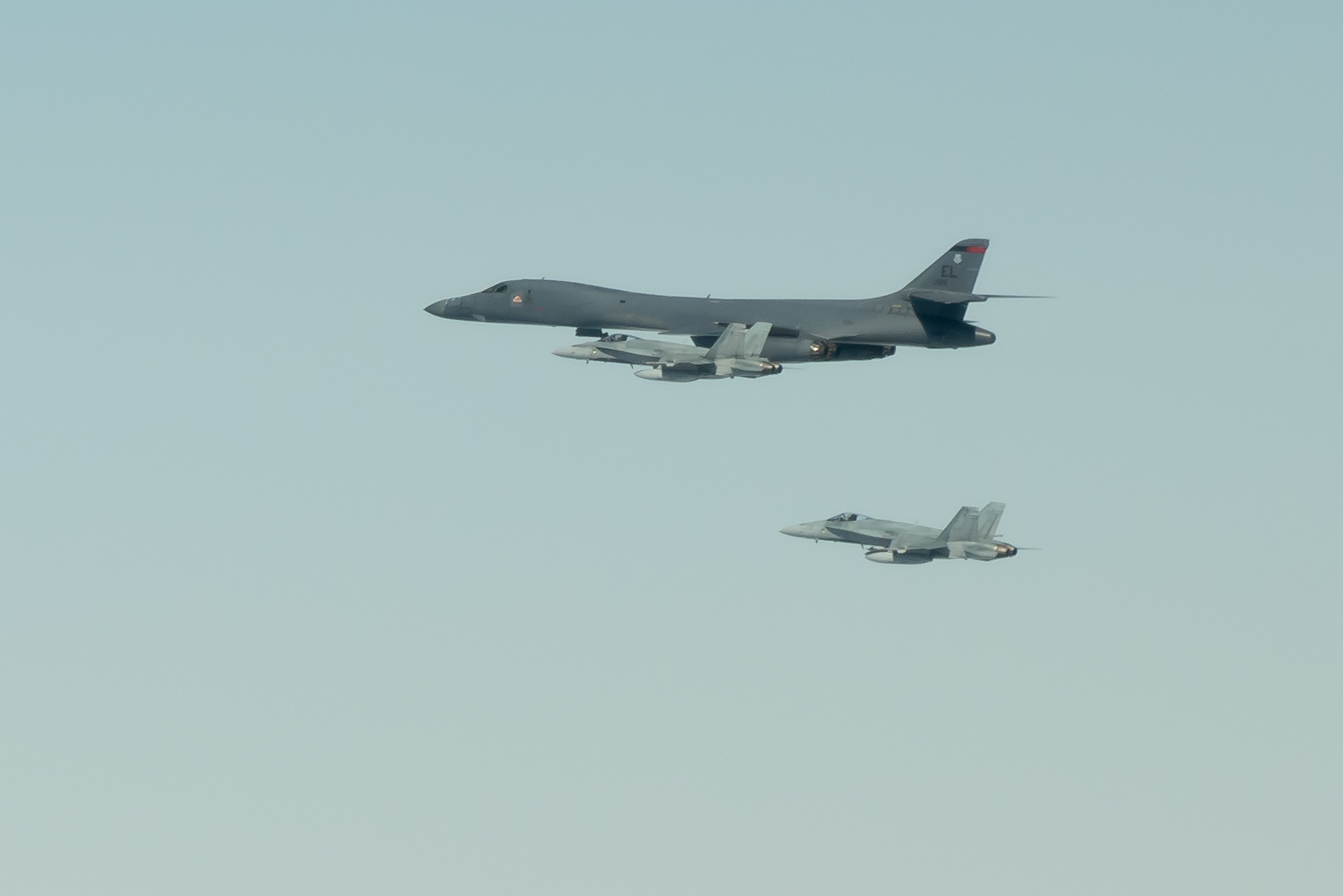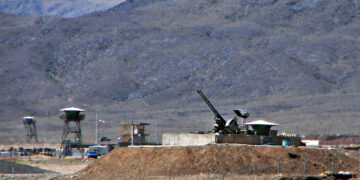
Although Syria may technically be a state, it’s not exactly sovereign. And although President Bashar Assad has managed to pummel, starve, isolate, and gas his opponents into submission with the vital assistance of Russia and Iran, he still doesn’t have total control of his country. Thirteen years after its civil war began, Syria remains a petri dish of foreign entanglement.
Israel conducts airstrikes against Iranian military facilities and weapons shipments destined for Hezbollah; the United States retains 900 troops in the northeast; Russian aircraft occasionally bomb jihadist-linked factions in the northwest; Jordan has started hitting drug plants near the Jordanian-Syrian border; and Turkey may have as many as 10,000 troops in Syria.
Sometimes, those foreign forces clash, even if they happen to be treaty allies.
On Thursday, the U.S. decided to use an F-16 fighter aircraft to shoot down an armed Turkish drone as it was getting dangerously close to U.S. positions in Syria’s northeast. The threat was deemed high enough for U.S. troops to take to their bunkers. The shoot-down wasn’t the Pentagon’s first choice. According to U.S. defense officials, the U.S. tried to get in touch with its Turkish military counterparts 12 times, but the drone was still operating in the restricted zone. The entire saga was a “regrettable incident,” Pentagon spokesman Patrick Ryder told reporters the morning after the engagement. U.S. Defense Secretary Lloyd Austin and the new Chairman of the Joint Chiefs, Gen. C.Q. Brown, quickly called their respective Turkish colleagues to smooth over any ruffled feathers.
More on Middle East

Featuring Rosemary Kelanic
October 16, 2025
Featuring Daniel Davis
October 15, 2025
Events on Syria







